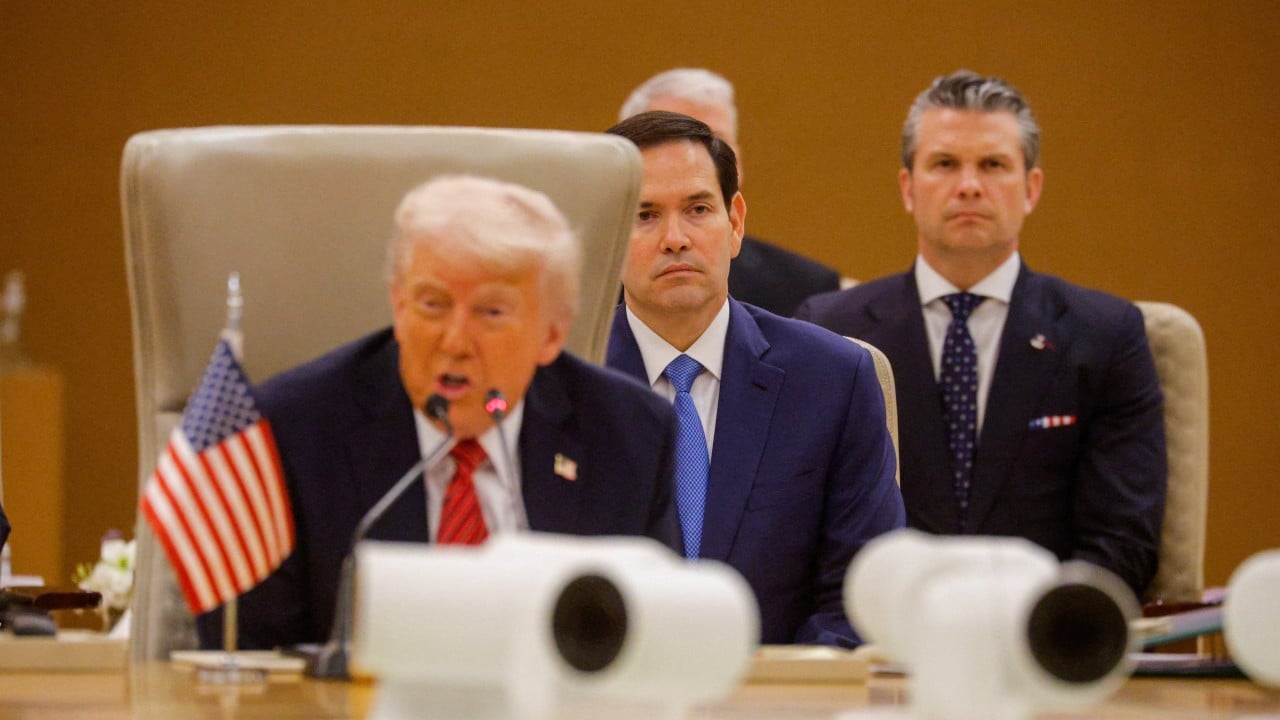The Indo-Pacific cannot afford to become collateral damage in America’s descent from diplomacy into dysfunction – a decline embodied by Defence Secretary Peter Hegseth’s sabre-rattling and Secretary of State and National Security Adviser Marco Rubio’s overreach.
Advertisement
At the recent Shangri-La Dialogue in Singapore, Hegseth stunned Asia’s defence and diplomatic elite by demanding that Indo-Pacific countries raise defence spending to 5 per cent of gross domestic product to “counter China”. The proposal was not just tone-deaf; it was combustible. No country in the region, save for outliers, comes close to that threshold. Japan, South Korea, Australia – and certainly Southeast Asia, where military spending averages just 1.5 per cent of GDP – are in no position to meet such a demand.
What Hegseth delivered was not a strategy, but an ultimatum. And in doing so, he risked catalysing the very action-reaction cycle Washington once sought to avoid: a region arming in anticipation, while Beijing accelerates its military posture in the South China Sea and the Taiwan Strait.
Asean, already reeling from intensifying great power rivalries, finds itself caught in the crossfire of an American foreign policy that confuses coercion with clarity, and escalation with influence. Former US president Richard Nixon and then-secretary of state Henry Kissinger wielded ambiguity to signal strategic intent. By contrast, Hegseth, Rubio and US President Donald Trump offer only confusion and contradiction – wielded like a cudgel, fracturing the very alliances they claim to reinforce.
In this environment, diplomacy is no longer the art of restraining power. It has become the art of surviving it.
A cabinet without guardrails
The Hegseth doctrine – if it can be called one – illustrates a deeper unravelling within Trump’s second administration: the near-total removal of institutional counterweights. The National Security Council is diminished. The State Department’s career corps, once the backbone of US diplomacy, has been hollowed out. What remains is a cabinet of loyalists, not strategists.

